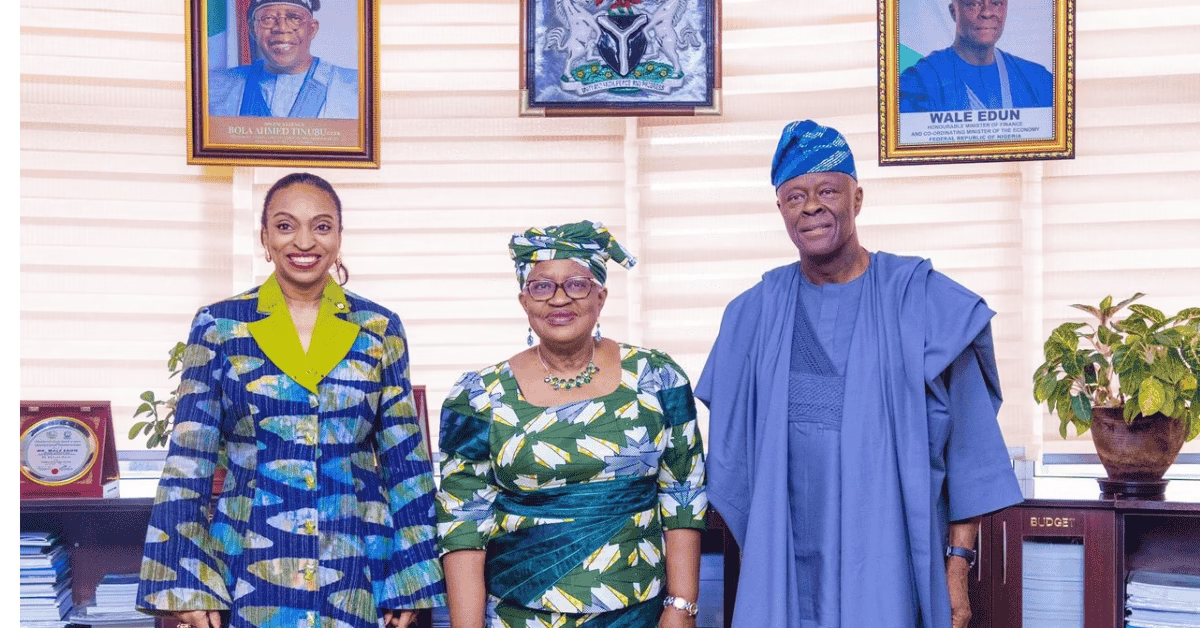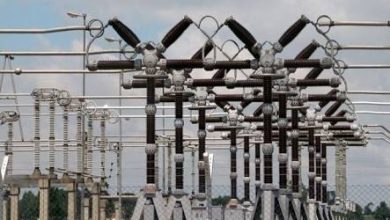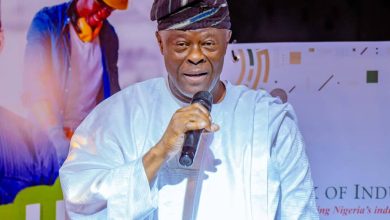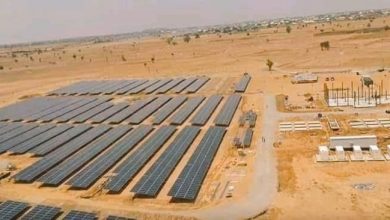Economy
WTO Chief, Nigeria’s Finance Minister Push Trade-led Growth Agenda

In a major boost to Nigeria’s economic diplomacy, the Director-General of the World Trade Organization (WTO), Dr. Ngozi Okonjo-Iweala, on Thursday held talks in Abuja with the Honourable Minister of Finance and Coordinating Minister of the Economy, Mr. Wale Edun, to advance a shared vision for trade-driven growth, investment, and inclusive development.
Welcoming Dr. Okonjo-Iweala to his office, Mr. Edun outlined Nigeria’s recent macroeconomic gains — citing a firmer naira, moderating inflation, and credit rating upgrades from Fitch and Moody’s — as the bedrock for long-term stability. He said government reforms are designed to position the economy for 7 percent GDP growth through export diversification, private sector-led investment, and human capital development.
Dr. Okonjo-Iweala praised Nigeria’s reform trajectory, stressing that sustained progress could unlock new opportunities under the African Continental Free Trade Area (AfCFTA). She encouraged the government to deepen job creation, expand exports, and reinforce social safety nets and energy security so that economic growth translates into tangible improvements in the lives of citizens.
Both leaders underscored the importance of embedding Nigeria more firmly into global value chains and leveraging digital trade to strengthen competitiveness. They agreed that the private sector will remain pivotal in driving resilience, innovation, and broad-based prosperity.
The engagement signals renewed momentum for Nigeria’s integration into the global economy and marks an important step in shaping a future of trade-led growth.




